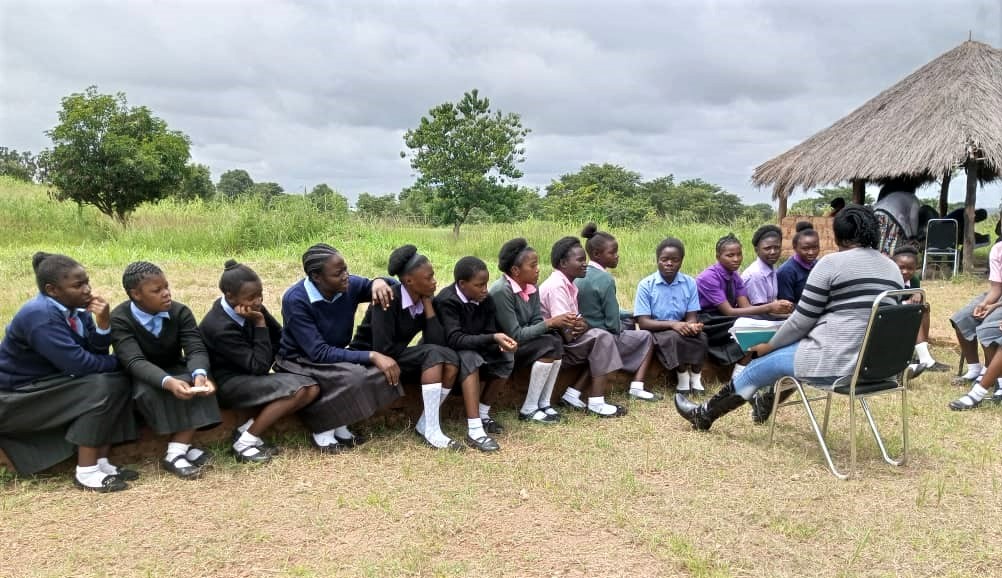Organizational and Technical Capacity Development
Bantwana is a founding and leading member of the Center for Capacity Development at JSI and World Education. We view capacity development as a deliberate, tailored process to strengthen partners’ technical and organizational capacity and sustainability by enhancing the knowledge and skills of their workforce and improving processes, systems, and programs. Our approach develops strategic partnerships, effective collaboration with government, deeper use of data and digital tools, achievement of quality results, while influencing broader systems change.
Developing the capacity of local partners
An early proponent of localization, Bantwana has a solid track record in building local partner capacity to lead, manage, and implement large and complex programs for improving health, social, and economic outcomes for vulnerable children, youth, and caregivers – delivering evidence-based interventions. This work pre-dates USAID’s New Partner Initiative (NPI) and has continued during the growth of the localization agenda now adopted by most major donors for sustainable development.
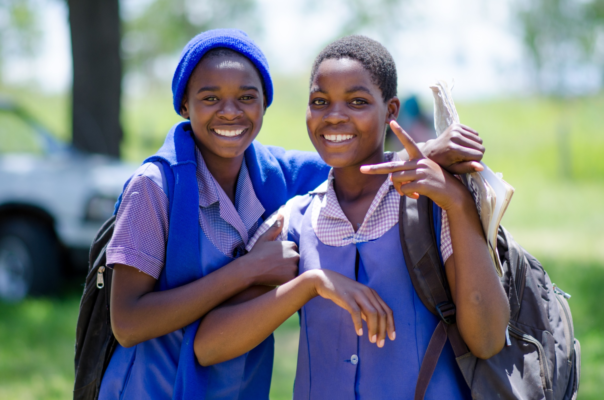 Based on a client-led process that enables joint identification of needs, our support enriches core technical capacities and develops organizational systems and practices for transparent fiscal management and effective program delivery. This approach has helped dozens of local NGOs adapt to new PEPFAR/USAID OVC programming standards, HIV-centered technical and epidemic shifts, and new data collection and reporting requirements. Several of our local partners are now directly managing USG and other large donor funds, operating as national leaders in programming for vulnerable children and adolescents, able to respond to evolving PEPFAR/USAID guidelines.
Based on a client-led process that enables joint identification of needs, our support enriches core technical capacities and develops organizational systems and practices for transparent fiscal management and effective program delivery. This approach has helped dozens of local NGOs adapt to new PEPFAR/USAID OVC programming standards, HIV-centered technical and epidemic shifts, and new data collection and reporting requirements. Several of our local partners are now directly managing USG and other large donor funds, operating as national leaders in programming for vulnerable children and adolescents, able to respond to evolving PEPFAR/USAID guidelines.
Build on strengths
A central tenet of our approach is to meet partners where they are. Through structured reflection, assessment, and iterative learning using established tools such as a Technical and Organizational Capacity Assessment, the process builds on existing strengths and knowledge. The tools lead to joint development of capacity strengthening goals that are operationalized and monitored through structured action plans.
WEI/Bantwana’s CB approach enables organizations to adapt to shifts in the local or wider operating environment that impact their goals and plans, like COVID-19 and climate-related disasters, as well as shifts to human-centered design processes, virtual engagement, and digitization of development. – Gill Garb, Founder, Bantwana Initiative
Foster change from within
Peer-to-peer organizational learning is a key feature of Bantwana’s capacity building approach. We identify “champions” within each organization who work closely with the Bantwana capacity building team to maintain the momentum for change internally while maximizing capacity to meet performance goals.
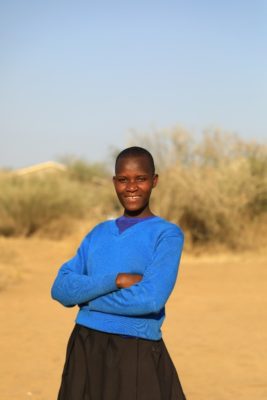 To reinforce the peer-to-peer learning and strengths-based approach, Bantwana’s teams provide:
To reinforce the peer-to-peer learning and strengths-based approach, Bantwana’s teams provide:
- Structured and proven processes that are responsive to local partner needs, context, and operating environments.
- Targeted training and skills transfer in management strategies, programming models, and resource mobilization in response to strategic areas of growth.
- On-site and remote staff coaching and mentoring to support implementation and periodic review of action plans using low-cost digital co-working platforms.
- Communities of practice or organizational learning networks using WhatsApp and other virtual platforms.
- Exchange visits and study tours that amplify local or regional innovation and leadership.
Bantwana’s approach goes beyond preparing organizations to qualify for USG funding. We foster organization-driven growth that enhances local partners’ sustainability, technical strengths, and above all their capacity to positively impact marginalized communities, unstable households, and vulnerable children and youth. – Alton Mpungu, Co-Director JSI/WEI Capacity Development Center
Our demonstrated success
In the last eight years alone, Bantwana has strengthened the capacity of more than 40 local NGOs across the region to reach key sustainability benchmarks.
- Successfully launched and supported the organizational growth of two national affiliates – Bantwana Initiative Eswatini in 2008 and Bantwana Zimbabwe in 2013. Both are now key partners of PEPFAR, UNICEF, the World Bank, and the Global Fund among others.
- Graduated 6 local NGOs to become leading OVC national implementers/USG partners in their respective countries – FACT Mutare, HOSPAZ, and MOVAMBO in Zimbabwe, which continue to receive funding 5 years later; ANDA and ComuSanas in Mozambique; and MUCOBADI in Uganda.
- Developed the capacity of 16 local partners through the Forca a Communidade e Criancas (FCC) project in Mozambique (OVC + DREAMS), transitioning two provincial partners (ANDA and ComuSanas) to lead follow-ons. Bantwana now serves as a TA provider to support the new local primes.
- During 2022, Bantwana is transitioning eight partners in Malawi and Uganda to receive direct funding from USAID and lead the implementation of the USAID Ana Patsagolo Activity (Malawi) and the Integrated Child and Youth Activity (ICYD) program (Uganda).
Capacity development and systems strengthening for government
Complementing our work with local partners, Bantwana develops the capacity of government systems from the national to district and community levels, with a specialization in social welfare systems and HIV prevention. Alongside government, we develop frameworks, guidelines, and standard operating procedures. We train, coach, and mentor the workforce to operationalize national policy frameworks and facilitate coordinated, multi sectoral system delivery.
Bantwana cultivates trust by placing government priorities at the center of our systems strengthening support. We help government leaders build relationships with other ministries and with donors. This support enables them to navigate inter-ministry dynamics and funders’ systems. The aim is to shift power from donors to national governments, giving countries more leverage to make decisions on priorities, project design, partners, and outcomes.
What does success in supporting government systems strengthening look like?
Bantwana has successfully strengthened national social welfare systems and ministry-led case management, including MIS. We upskill workforces to deliver quality and timely care based on national policies and global best practices. The four examples below typify Bantwana’s support to government across East and Southern Africa.
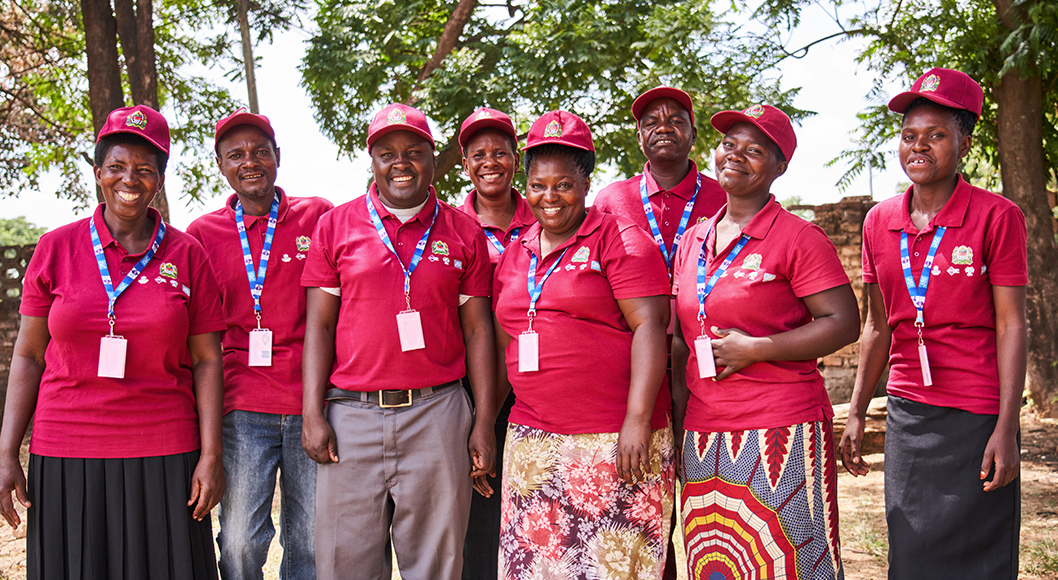
In Tanzania, Bantwana’s contributions to JSI’s Community Health and Social Welfare Systems Strengthening Project (2014-2020) strengthened capacity within the Ministry of Health, local government authorities, and the Department of Social Welfare to develop and roll out a National Integrated Case Management System. Bantwana trained and helped deploy a new frontline cadre of over 15,000 Community Case Workers and enhanced management of caseload data to better identify and allocate resources for the most vulnerable children (MVC).
Learn MoreIn Zimbabwe, Bantwana developed an evidence-based case management model from 2012-2018 and a companion management information system. The model was adopted by the Government of Zimbabwe as policy in 2014 and scaled up to all 65 districts as the National Case Management System (NCMS). With additional funding, Bantwana trained the social welfare workforce to work within the NCMS. Recognizing a gap in the frontline response, Bantwana trained a new nationwide corps of Community Case Workers (CCWs) to work with local Child Protection Committees to manage OVC cases. These CCWs are now a recognized government cadre and, like the NCMS, are a model that is emulated in the region.
Learn More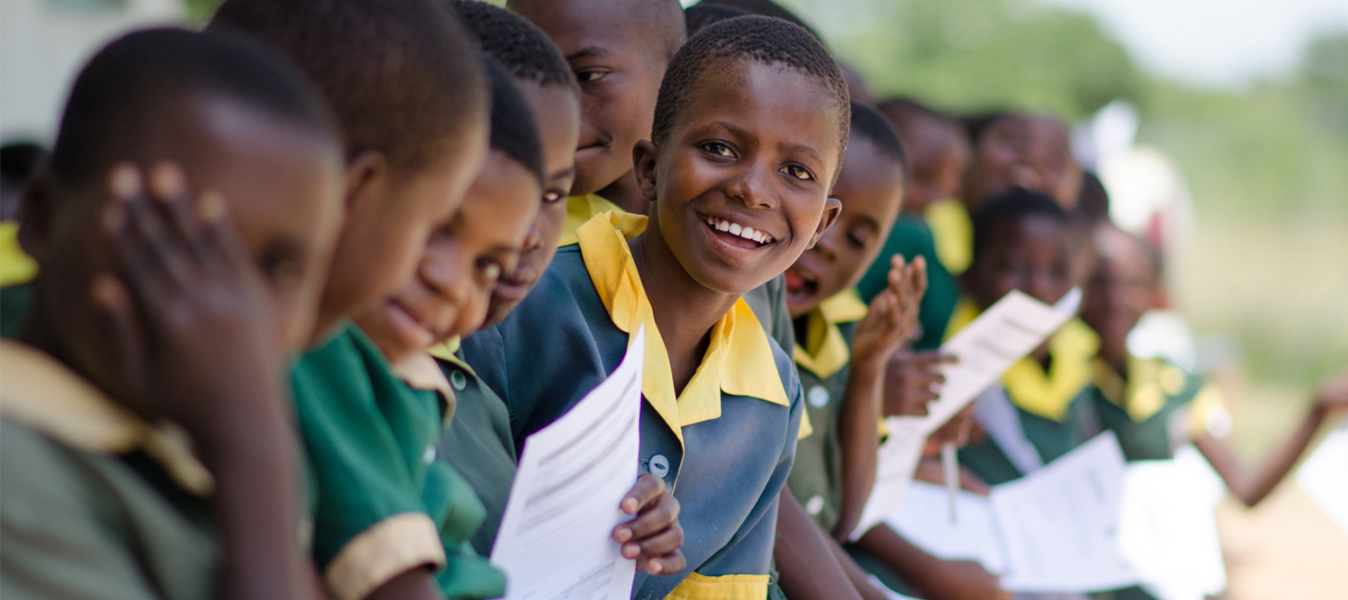
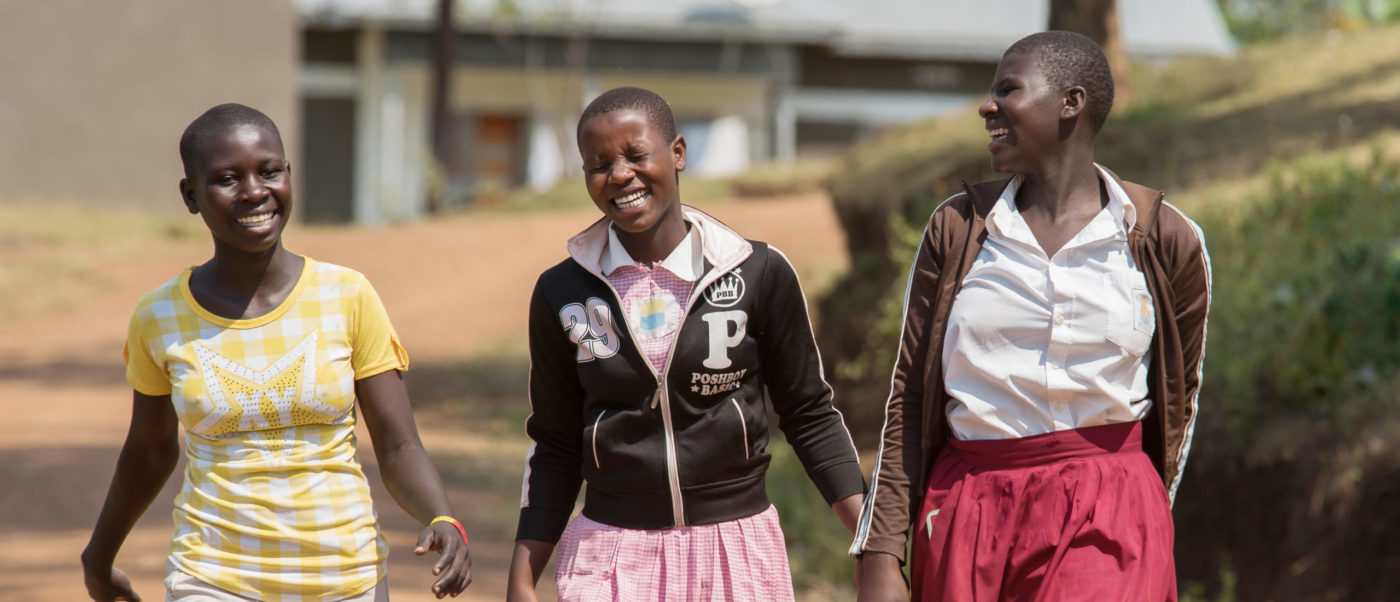
In Uganda, under the Better Outcomes for Children and Youth (BOCY) project, Bantwana worked from 2015-2020 to build the capacity of local NGOs and government structures to deliver integrated economic strengthening, social protection services, and parenting education to support over 140,000 OVC and their caregivers across 14 districts. Capacity development with government focused on strengthening Uganda’s child protection and emerging case management system, and training para-social workers in child protection and HIV-sensitive case management.
Learn MoreTo address high secondary school dropout among girls, Bantwana has supported Zambia‘s Ministry of Education to design a Case Management Framework for its Keeping Girls in School program. To operationalize case management within the education sector, the Bantwana team developed a set of tools and SOPs to reach at-risk girls in and out-of-school.
Learn More